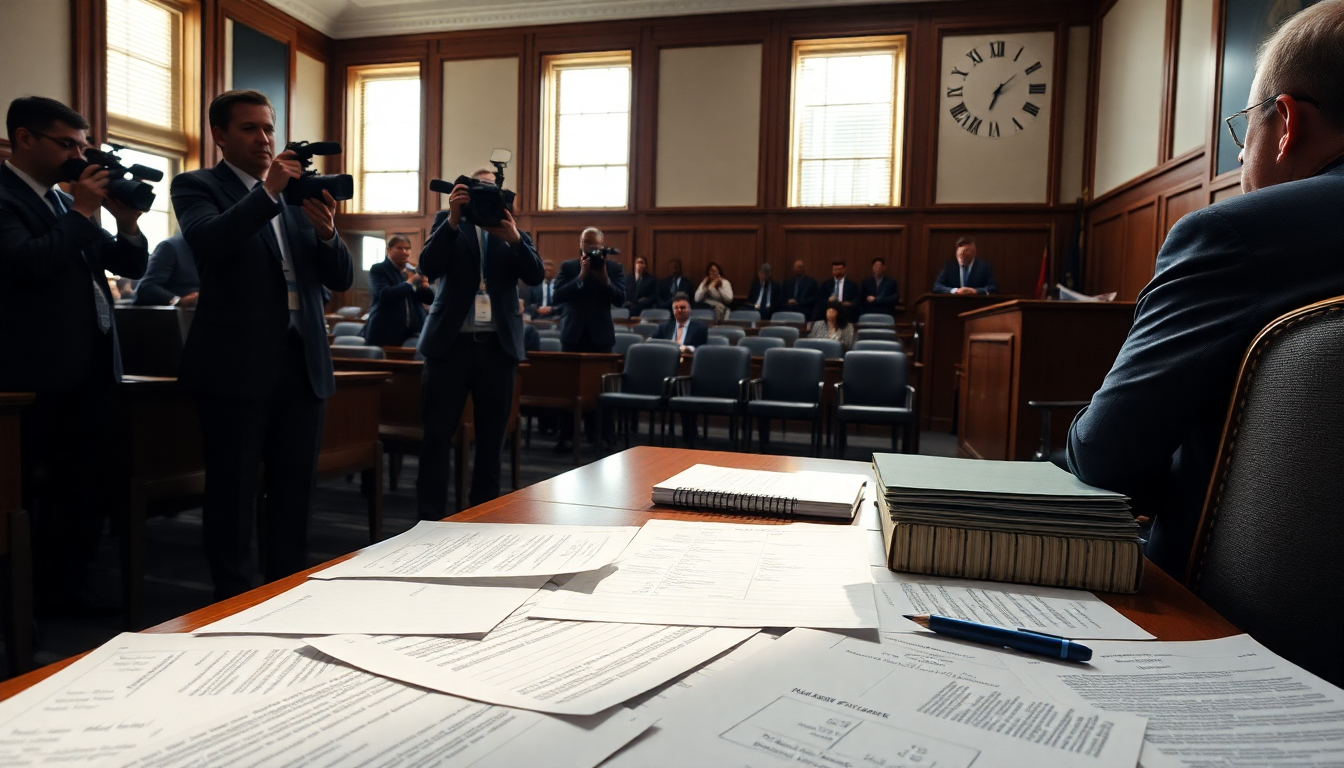Table of Contents
Florida is currently in the midst of a heated legal showdown over its recently passed immigration law, which has hit a snag thanks to a temporary block from a federal judge. This conflict really shines a light on the ongoing tug-of-war between state authorities and federal judicial decisions, and it could have big implications for how immigration is enforced in the Sunshine State. Florida Attorney General James Uthmeier has stepped into the spotlight, arguing that the state has the right to enforce its own immigration policies, even with the judicial pushback.
Overview of the Legal Challenge
In a significant twist, U.S. District Judge Kathleen Williams issued a temporary restraining order that puts a halt to Florida’s new immigration law, which was signed by Governor Ron DeSantis. This law makes it a misdemeanor to enter or re-enter the state illegally. The judge’s ruling came after the Florida Immigrant Coalition filed a lawsuit, claiming that the law unfairly targets undocumented immigrants and imposes harsh penalties on them.
Things got even more complicated when Attorney General Uthmeier found himself facing civil contempt charges after he sent out a memo telling law enforcement to keep enforcing the law, despite the judge’s order. He argued that the judicial ruling was misguided and that it didn’t legally stop state officials from taking action. Uthmeier’s position reflects a broader sentiment among some state officials who feel that judicial overreach is threatening their right to create and enforce laws that fit their state’s needs.
The Implications of Judicial Orders
Judge Williams pointed out that Uthmeier’s actions were a clear violation of her order, which instructed local law enforcement not to enforce the immigration law. However, Uthmeier stands firm, insisting that his directive was crucial for upholding state law. He made it clear that there’s a significant divide between the judicial and executive branches when it comes to immigration enforcement. “If being held in contempt is the price to pay for standing on principle and standing on the law, then so be it,” he stated, emphasizing his commitment to Florida’s immigration agenda.
This situation is indicative of a larger trend across the nation, where state immigration policies are often challenged in court. It raises important questions about the balance of power between state and federal governments. Uthmeier’s claims that judges are overstepping resonate with lawmakers who advocate for greater state sovereignty, especially in light of policies from the previous administration.
Future Outlook and Legal Strategies
As we look to the future, Uthmeier has made it clear that he’s ready to continue this legal fight, even suggesting that Florida might take the case all the way to the U.S. Supreme Court if it comes to that. He firmly believes that states should have the freedom to create their own immigration laws, especially given what he sees as federal inaction or leniency regarding border security. In his view, the current political climate demands a strong state-level response to immigration enforcement.
As the legal situation continues to evolve, Florida officials will need to submit bi-weekly reports to the court detailing any actions taken under the disputed law, including arrests and detentions. This ongoing oversight underscores the contentious nature of immigration enforcement and the fragile balance between state and federal authority. As this legal battle plays out, its outcomes could have a lasting impact on immigration policy—not just in Florida, but potentially across the entire country.


